Four words — so simple, yet so revealing: “Tell me about yourself.” If you have social or networking anxiety, this is the only icebreaker you’ll ever need.
If you’re rolling your eyes and muttering, “That’s such a generic and broad icebreaker,” you’re absolutely right. But generic and broad is actually a good thing.
Asking someone where they grew up, for example, forces them to talk about their childhood. Asking what they’re most looking forward to this weekend forces them to talk about their plans — and what if they don’t have any plans and are embarrassed to admit it?
Posing a broad question lets people lead you to who they are.
Finding “multiplex ties”
Studies about the psychology of networking have suggested that people prefer to develop new relationships that have more than one context for connecting with the other person, like a similar field of profession or passion for the same books.
Its what sociologists call “multiplex ties,” or “ties that involve an overlap of roles or affiliations in a social relationship.”
David Burkus, an associate professor of leadership and best-selling author of “Friend of a Friend: Understanding the Hidden Networks That Can Transform Your Life and Your Career,” writes that creating a meaningful relationship starts with questions that are “open-ended enough to allow others to select questions unrelated to work.” Doing so, he explains, “increases the chances that you didn’t turn a stranger into just a new contact in your phone, but that you actually made a new friend.”
6 ways to use “tell me about yourself” when meeting new people:
1. Create a safe setting
You can create a safe setting by being the first to answer the icebreaker question you just asked.
It gives the other person time to process the conversation and think about how they’ll answer. “Want to tell me something about yourself? When I’m not working, I’m pretty involved in running marathons!.”
2. Be memorable
“I’ve climbed the highest peaks on every continent,” someone told me recently in response to “tell me about yourself.” She smiled, made eye contact, then added, “including Everest.” In those few words, she made herself memorable—that was a story I hadn’t heard before.
More importantly, she provided insight into her sense of purpose and motivation, and that’s the real value of “tell me about yourself.” You’re not just giving filler; you’re showing who you are, revealing your passions and what makes you unique.
3. Don’t fake it
It can help to give a response that yields a commonality, such as a shared background or interest that you already know you have with the other person. This establishes the setting for an engaging conversation about a topic that you both have knowledge in. With a little due diligence into the background of the person you’re meeting, you can be prepared with that common ground. One word of caution: It must be genuine.
4. Make it a group engagement
When sitting round a table, ask everyone to say something interesting about themselves. Everyone will engage, instead of turning their backs and breaking into one-on-one side conversations.
In a roundtable discussion, the responses can spark genuine curiosity and really pull the group together.
5. “So, what about you?”
To reinforce the give-and-take of the conversation, turn it back to the other party. If you’ve shared where you’re from originally, ask the other person where they grew up. You’re not being nosy—everyone is from somewhere. You’re showing that you’re interested in getting to know the other person as well. It’s not all about you, even in a job interview.
6. Make a graceful exit
Eventually, you’ll have to put a final stamp on the conversation. It can be done gracefully if you make sure there’s no room for an awkward silence. Often, a person’s body language can indicate that they need to get going, or you might say, “I’m on a time crunch and have to get to [XYZ].” At the end of my conversation with the woman who climbed one of the tallest mountains in the world, I asked her one more question as we walked to the door: “When you got to the top of Everest, what did you think about?” She didn’t hesitate: “How am I going to get down?”





